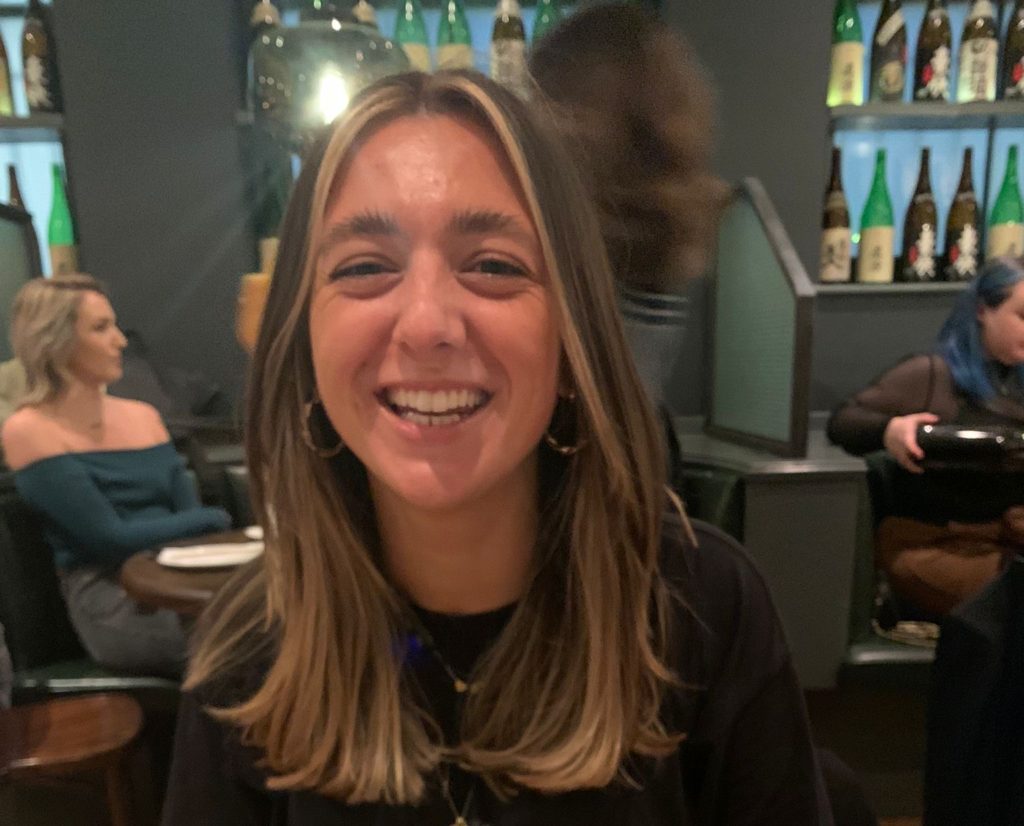I’m here to talk about The Class Ceiling. It’s something I have been reluctant to discuss before now because ironically, it felt like admitting defeat. Admitting you were in some way a minority who is looked at in a negative light. As a typical ‘working class’ woman from an upbringing that built character via its challenges, it took me years of trying to fit in — instead of letting my natural personality and ideas flow as they should — before realising that authenticity is your key to success.
A few agencies ago, when I landed my first PR role as an intern, I was one of very few ‘working class’ people in the company, and there began my first experience of the class ceiling. I realised early on that I could either feel inferior that I was surrounded by what society deems ‘privileged’ people (and it really did seem like some of them liked to make you feel inferior), or I could feel proud that I was a little different and embrace the chance to work with some of the most fascinating people I’d ever come across. I went for the latter and made a promise to myself that I’d always use my voice to empower the everyday people, the ‘working class’, the broken home kids and everyone else that needed their voices heard.
It wasn’t always easy. A client once told the team ‘we love Jessie, she’s a chav but we love her’. The word chav is defined by the Cambridge dictionary as ‘an insulting word for someone, usually a young person, whose way of dressing, speaking, and behaving is thought to show their lack of education and low social class’. Though I laughed it off, it was a stark reminder that I didn’t fit in, and the word chav stung like vicious bite. It’s such a specific word that is used so directly toward those from low socioeconomic backgrounds and always in a derogatory manner, that it really sent me back to the ‘I don’t belong here’ feeling that I first developed in those interning days. I’m not sure that the imposter syndrome ever really goes, but it does fade when you get to embrace projects that have meaning and are making change for good.
Enter ‘Your Game Plan’, an initiative that I brought to Golin just over a year ago after gravitating dramatically to their proposition to upskill and educate the next generation. YGP guides school leavers in a way that allows them to make informed decisions about their career from a young age and in turn, try to avoid those social mobility biases that might otherwise be set before they even arrive in the workplace. YGP’s mission is to ensure that every student has the confidence and support they need to make informed decisions when leaving school, something that not every child has the privilege to do. But to me it’s so much more than that. It’s giving young people the best chance possible to have a level playing field when they head out into the world of work or further education and that to me, is one of the most important things we can offer.
